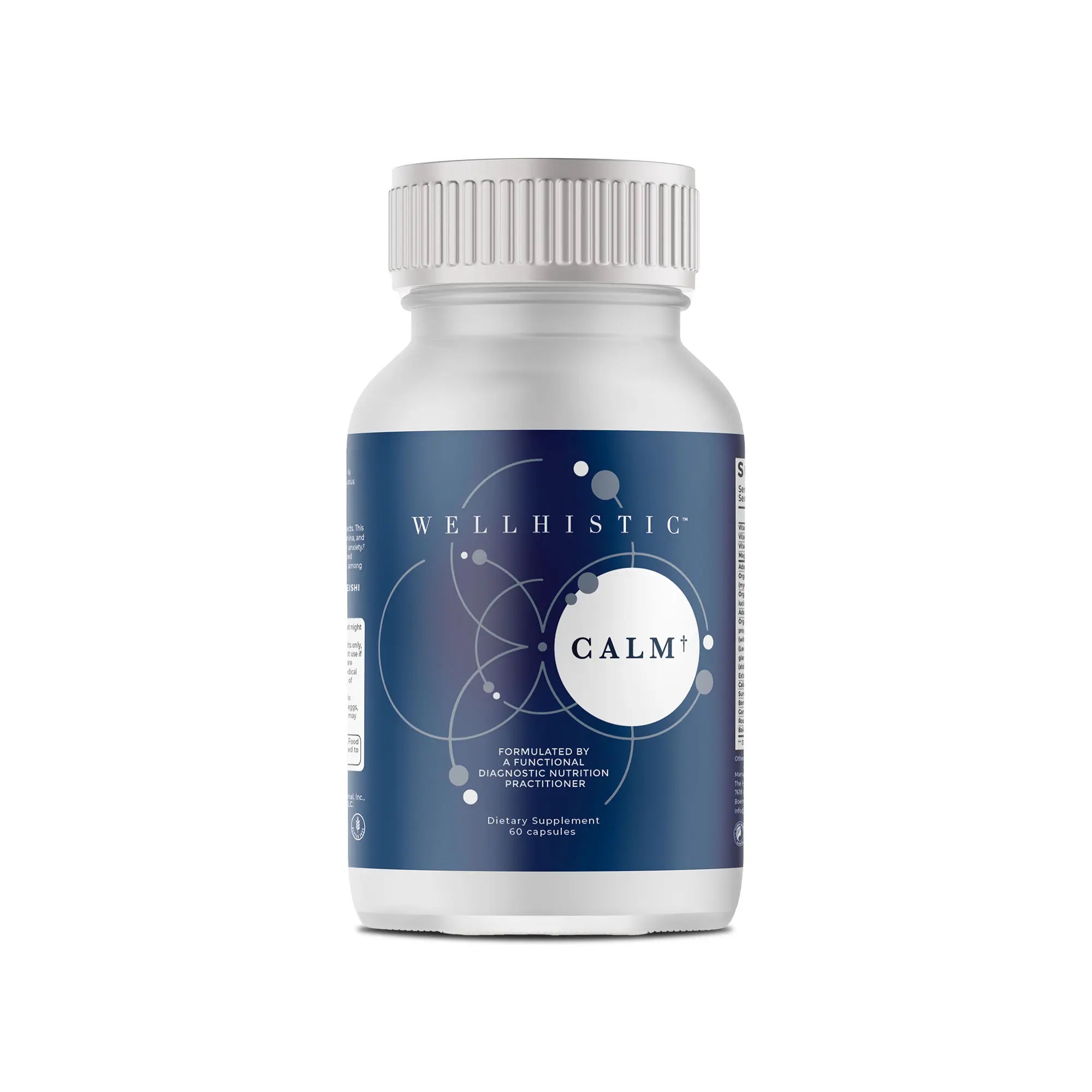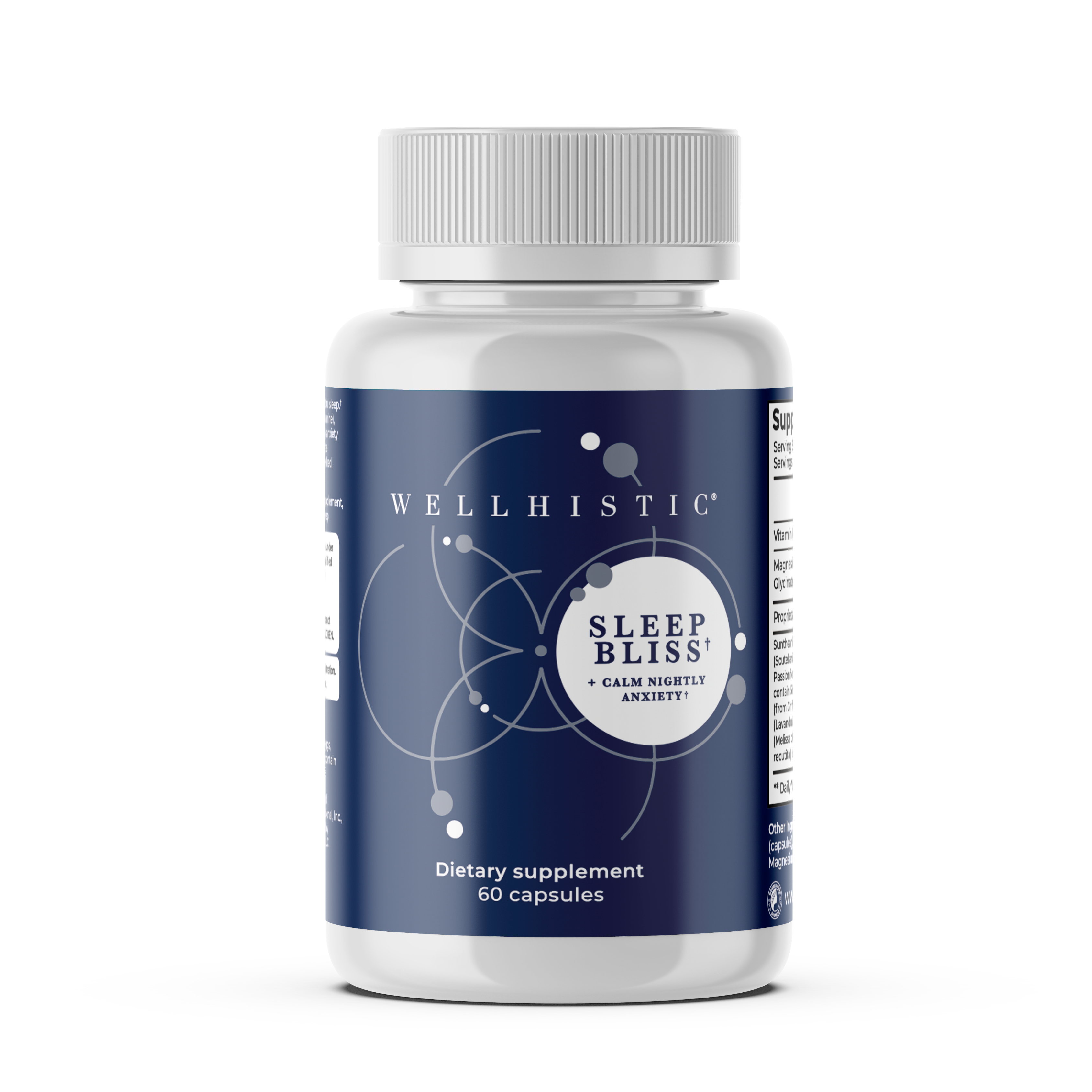Blog 2 of 3: The Step-by-Step Weaning Process with Dysautonomia, POTS & Lyme Disease
Now that we’ve covered the emotional groundwork, let’s explore a structured approach to weaning that respects your health conditions. Whether you’re navigating Dysautonomia, POTS, Lyme disease, or a combination of chronic challenges, these methods prioritize safety, gradual change, and emotional security for both you and your baby.
1. Set a Clear Intention & Timeline
-
Choose a target date within 2-4 weeks to complete weaning.
-
Be consistent but flexible based on your baby’s response.
2. Gradually Reduce Nursing Sessions
Instead of stopping abruptly, phase out feedings, starting with the least important one.
-
Week 1: Drop 1 nursing session per day (usually the midday nap).
-
Week 2: Drop another feeding (e.g., before bedtime or another day session).
-
Week 3: Reduce night nursing if your child still feeds at night.
-
Week 4: Phase out the final session (usually morning or bedtime).
3. Replace Nursing with Alternatives
Breastfeeding is more than just nutrition it’s comfort, bonding, and security. Replace it with something fulfilling:
Offer a cup of warm almond or oat milk as a soothing alternative. You could also try cow’s milk though it’s not my personal favorite because my sons are lactose intolerant. For some moms, standard formulas or cow’s milk might be perfectly fine, but I’ve personally struggled to find a commercial formula that suits my baby’s taste and nutritional standards.
Snuggles, rocking, or singing to replace comfort nursing.
-
Introduce a special weaning bottle or sippy cup for a “big kid” feel.
-
For night weaning: Have your partner soothe the baby back to sleep.
4. Distract & Engage
-
Change routines: Instead of sitting in the usual nursing spot, go for a walk or read a book.
-
New activities: Keep them busy with outdoor play, a favorite toy, or a fun snack.
-
Offer snacks: Healthy, filling foods can reduce nursing urges.
5. Shorten & Delay Nursing Sessions
-
Shorten the time at the breast, saying "Just a little, then all done!"
-
Distract with an exciting activity or favorite snack if they ask to nurse.
-
If they ask again, say “Later” or “Let’s have a cuddle instead”.
Why Gradual Matters for Chronic Illness: Abrupt weaning may cause severe hormonal shifts, leading to flare-ups of Dysautonomia, POTS symptoms, or Lyme-related inflammation. A slower approach respects your body’s need to stabilize.
Weaning Beyond 1 Year: Blood Sugar & Hormone Considerations
If you’ve been breastfeeding for longer than a year, your body has consistently produced high levels of prolactin and maintained a specific hormonal balance. Over time, you may experience blood sugar fluctuations (especially if you have adrenal fatigue or chronic infections like Lyme) because your metabolism is constantly working overtime to meet both your needs and your baby’s.
-
BOOST by Wellhistic can help regulate sugar spikes by providing nutrients and adaptogens that support stable glucose levels.
-
Hormone & PMS Support can assist with balancing estrogen and progesterone as prolactin drops, preventing drastic mood swings and supporting a smoother transition.
With mindful choices, subtle synergy, and awareness of your chronic health conditions, you can transition with strength, balance, and confidence. 💛
XX to your INVISIBLE BATTLES & UNSEEN STRENGTH,
Carola Le-Wriedt, Founder, Wellhistic and The Holistic Detox










